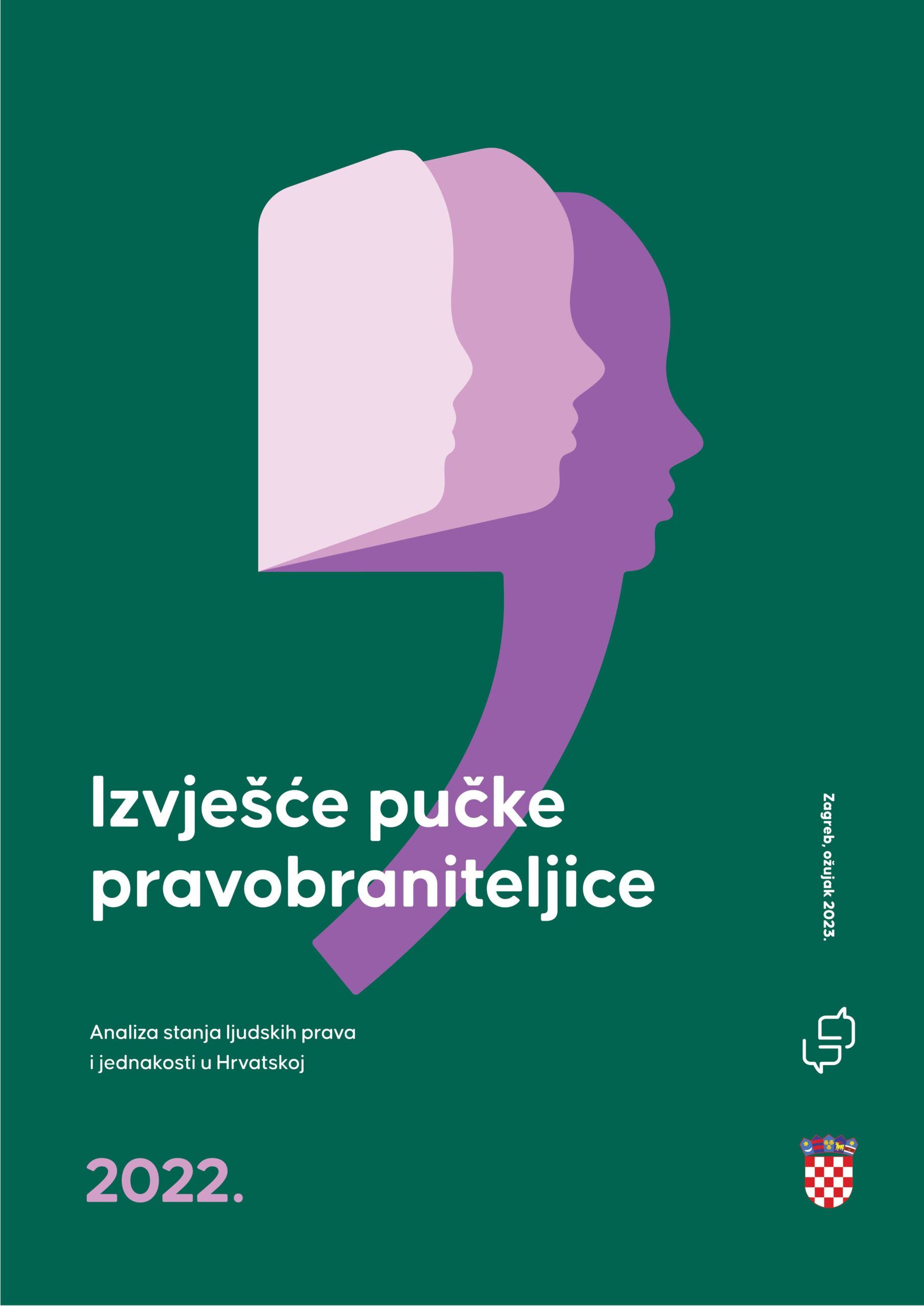
According to data maintained by the Croatian Journalists’ Association (CJA) within the Safe Journalists network, there were 14 attacks on journalists recorded in Croatia in 2022, including five death threats or serious physical assaults, seven other threats, one physical attack on a journalist, and one hacking attack on a media outlet. It is noted that a significant number of criminal acts against media workers, such as threats, remain unreported. This information is part of the Ombudsperson’s Report for 2022, which analyzes and evaluates the state of human rights and freedoms protection in Croatia, as well as the situation related to certain manifestations of individual rights violations or violations affecting specific social groups.
The report emphasizes the value of recommendations for strengthening the protection of human rights and freedoms in Croatia. In the chapter on Press Freedoms and Media, it is highlighted that the development of the National Plan for the Development of Culture and Media for the period 2022-2027 aims to improve the status of the journalistic profession, media system, and promote pluralism. However, it is noted that the analysis of the media sector in Croatia did not cover the entire media landscape, neglecting support for non-profit media and failing to recognize all forms of pressure on journalists, including the challenges of dual liability (criminal and civil) faced by journalists, especially in cases of SLAPP lawsuits filed by judges.
The European Commission adopted the European Media Freedom Act in 2022, introducing new rules to protect media pluralism, editorial independence, encourage media independence, transparency of media ownership, establish measures to protect the independence of editors, and disclose conflicts of interest. Additionally, a package of regulations on digital services, including the Digital Services Act and the Digital Markets Act, aims to regulate digital services, including social networks, internet markets, and other platforms operating in the EU, to prepare the EU for the digital age. The Ombudsperson’s Report also mentions the initiative for the Anti-SLAPP Directive, which covers cross-border civil cases, with mechanisms to combat these lawsuits, such as swift dismissal of unfounded claims and deterrent penalties for filing malicious lawsuits.
Furthermore, the European Commission’s rule of law report for 2022 issued five recommendations for Croatia, including addressing SLAPP lawsuits against journalists by improving the legal framework on defamation and enhancing awareness, considering European standards for journalist protection. The report also highlights the establishment of a Working Group to shape policy against SLAPP lawsuits under the Ministry of Culture and Media.
In pursuit of one of the Working Group’s objectives, which is educating judges, lawyers, journalists, and publishers to prevent SLAPP, workshops were conducted in Split, Osijek, and Varaždin in 2022. Other objectives include analyzing the situation, collecting data, raising awareness about this issue, and forming proposals for future anti-SLAPP legislative measures. According to the Ministry of Culture and Media, the new Media Law plans to implement mechanisms for early identification and dismissal of SLAPP lawsuits.
It is also mentioned in the report that journalists are not in an equal party position in court proceedings where they are sued by judges, as the fact that the plaintiffs are judges of the highest courts may influence the impartiality of the deciding judge. This concern was raised in a case involving an editor and journalist of an independent portal sued for a commentary column about a judge from the highest court. Despite public donations covering the awarded amount of damages, the column was discontinued, indicating a chilling effect on journalistic activities.
Considering the overall situation, signing protocols regarding police procedures upon learning about criminal offenses against media workers and their conduct during public gatherings of significant public interest is considered positive, along with the collaboration agreement between the Ministry of Interior, CJA and TUCJ. In the context of improving the status of the journalistic profession, the atypical forms of work prevalent in journalism should be addressed, including freelance work, as highlighted by the International Federation of Journalists. The report provides insights into the challenges faced by freelance journalists, such as low earnings and job insecurity.
The full report can be found and read at this link.